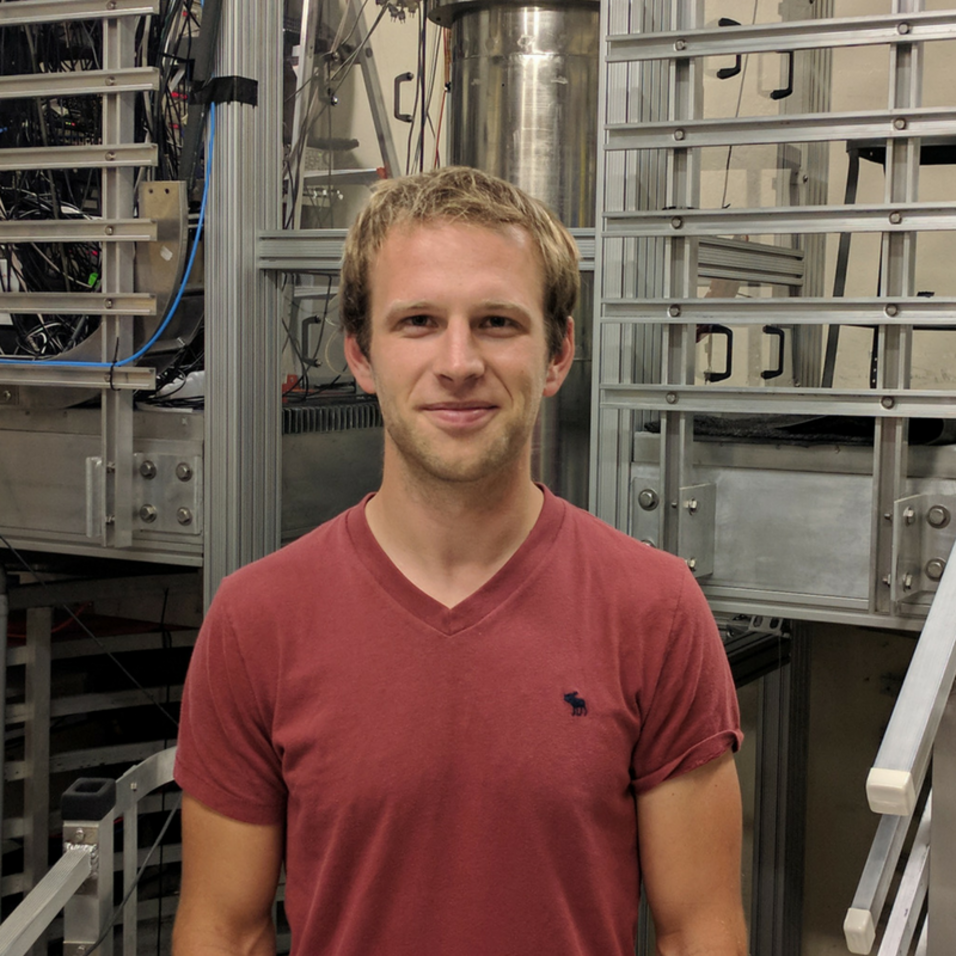Peter Asenbaum studied physics at the University of Vienna. He then completed his doctorate in the Complex Quantum Systems doctoral program at the University of Vienna and received his doctorate in 2014. For his dissertation he received the Hans Thirring Prize, which is awarded annually for the best doctoral theses at the Faculty of Physics. Since fall 2014, Peter Asenbaum is researching Atom Science at the Stanford University, USA.
- Since autumn 2014 you are a post-doc at the University of Stanford. How did you come to this position and how did you prepare for it? Can you give doctoral students tips on how to plan the postdoc phase?
I had not planned my post-doctoral phase yet and ran into this position by chance. In the course of a conference, I visited a former colleague and held a seminar in Stanford. Then my future employer suggested I would apply for his group as a post-doc.
On the one hand, I felt the offer was motivating since it would mean for me to immerse myself into a new field of research. On the other hand, the research project has had and has great potential to achieve important results.
The preparation for the post-doc job consisted of reading a bit into the new field and the group's previous experiments. In experimental physics, the preparation is not too critical, the important work begins as soon as you enter the laboratory. A scientific career thrives on self-motivation. Therefore, one's own interest in the research project should be the top priority in post-doctoral choice. Next, I would recommend working with excellent scientists while changing the narrower field of research. This combination makes it possible to learn a lot in a short time and thus to develop very efficiently.
- What do you recommend to doctoral candidates for their career planning?
You should regularly ask critically what you are working on. What results can I expect and what impact on the research field will these results have? After all, you spend a lot of time on your project.
- If you look back on your time as a doctoral student at the University of Vienna, what do you remember in particular?
It was a very positive experience to be part of quantum optics in Austria. The coordination and close collaboration of the universities in Vienna and Innsbruck, together with the Institute of Quantum Optics and Quantum Information, form an optimal research environment. It allowed doctoral students to gain insight and contact with several excellent research groups.



